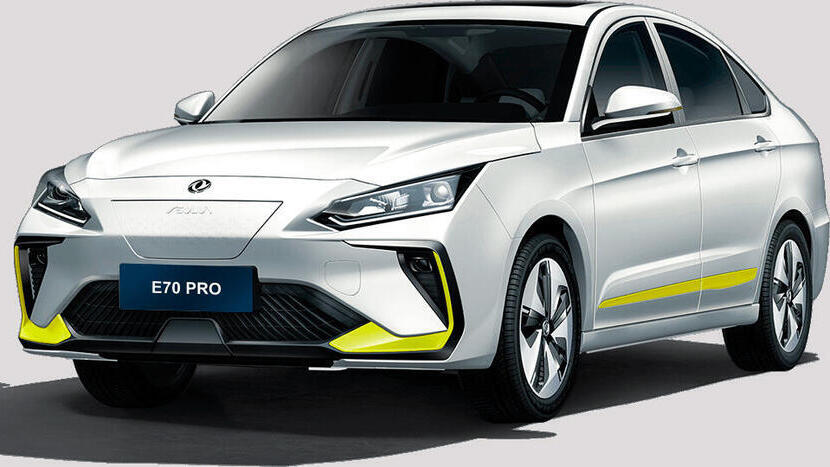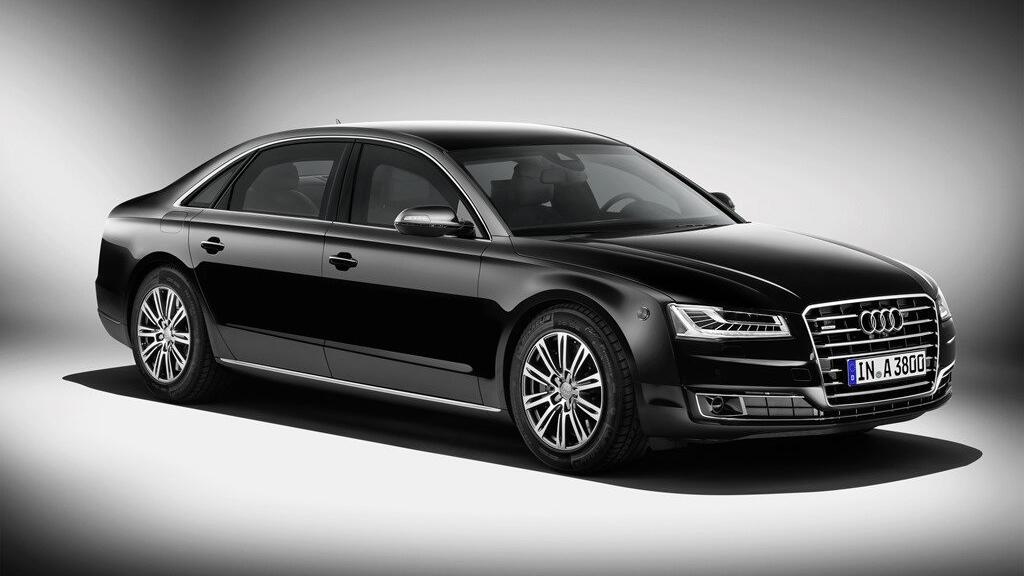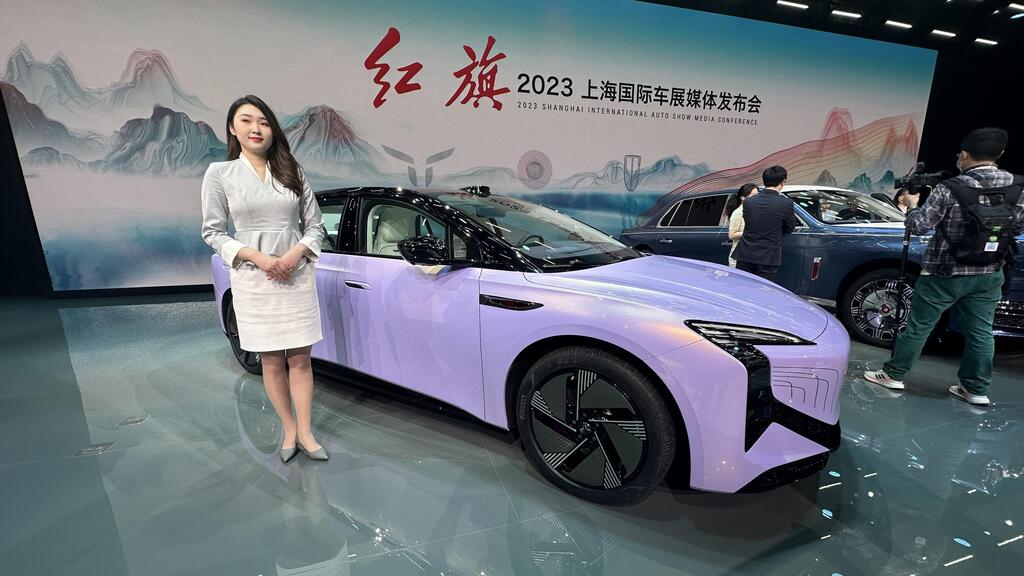Chinese car owners are reporting an increase in vehicle malfunctions, with advanced multimedia systems topping the list of issues, according to a comprehensive survey by the international consumer organization J.D. Power, which examined car owner satisfaction in the country.
The findings present an interesting picture: while luxury brands like Porsche lead in customer satisfaction, Chinese vehicles — which have recently become popular in Israel — show the highest average rate of malfunctions, with 207 problems per 100 cars.
The J.D. Power survey focuses on cars marketed in China that are between 1 and 4 years old. It covered 177 types of problems and issues across nine categories: exterior, interior, driving experience, features, controls, displays, audio and entertainment system, climate control, seating, powertrain and driver assistance. The survey categorizes problems by how many issues were identified in each group of 100 vehicles.
According to the survey, the most common issues related to multimedia systems, include unresponsive screens, Bluetooth connection issues, problems with voice recognition systems, Wi-Fi connectivity issues and navigation malfunctions. Among car owners who participated in the J.D. Power survey, women reported more operational issues with vehicle systems.
According to the organization, women reported an average of 188 operational issues in 2023, which rose to 196 issues per 100 vehicles this year. The average was 177 problems per 100 cars in luxury vehicles. Porsche had the fewest reported issues, with an average of 147 per 100 cars.
Following it in the luxury category was British Land Rover with 155 issues per 100 cars, followed by BMW (171 issues), Mercedes (172 issues) and Audi (173 issues). Luxury brands that received more complaints than average include Volvo (190 issues), Lincoln (197), Lexus (198), and Fujian Benz — a locally manufactured Mercedes model — at 210 issues per 100 cars.
The complaint average for standard vehicles was 193 per 100 cars. The vehicle with the fewest complaints is FAW Toyota (Chinese-made Toyota), with 154 complaints per 100 cars. In second place was the GAC Honda (Chinese-made Honda) with 172 complaints, followed by Ford Chang'an (174).
Lower down the list is Chery in seventh place with 187 issues per 100 cars, with eighth place going to Geely and Volkswagen China (189 issues). At the bottom are Lynk & Co (197 issues), Chevrolet (199), Skoda (201) and Dongfeng Fengshen (271).
The most interesting category for Israeli consumers relates solely to Chinese car brands, which have the highest average number of issues — 207 per 100 cars. In this category, Hongqi received the lowest number of complaints with 185 issues per 100 cars, followed by Chery with 187 issues, Geely (189), GAC (192), TANK (193) and Lynk & Co (197).
Cars with above-average complaint ratio in this category include ROEWE in seventh place with 209 issues per 100 cars, Fengon — a brand by Chinese Dongfeng — in eighth place with 210 issues and Great Wall’s Haval in ninth place with 214 issues.
Chang'an, set to be imported to Israel soon, ranked 11th with an average of 221 issues, MG ranked 13th with an average of 229 issues, while Forthing ranked 15th with 231 reported problems per 100 cars. Dongfeng Fengshen received the lowest score, with 271 complaints.
Get the Ynetnews app on your smartphone:




